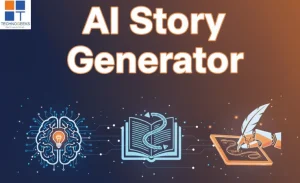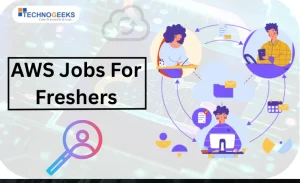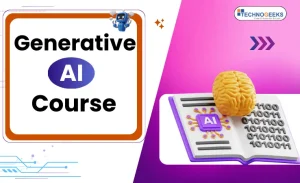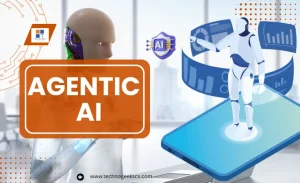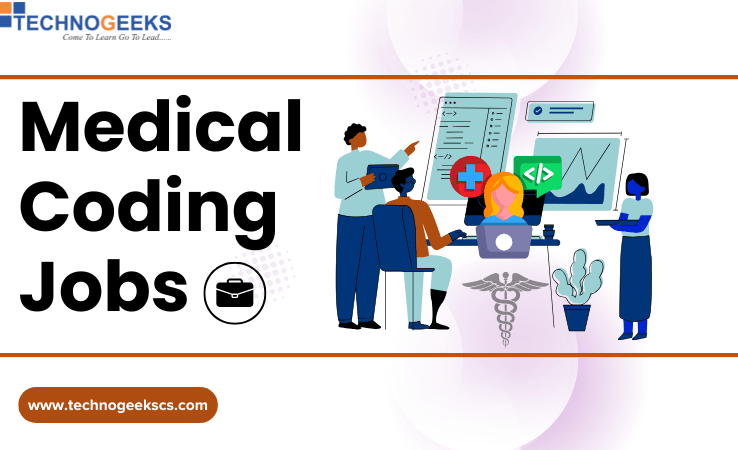Table of Contents
ToggleWhat Is Docker In DevOps
In today’s competitive market, where speed and efficiency are paramount, cloud technologies and DevOps practices have become crucial for software development. One tool that has gained immense popularity in the DevOps landscape is Docker. But what is Docker in DevOps? Why is it in high demand?
Before Understanding Docker let’s first understand what is DevOps?
What Is DevOps?
DevOps is a bridge between software development and operations teams. It focuses on automation, continuous integration (CI) , and delivery to streamline software delivery.
By treating infrastructure as code (IaaS), DevOps ensures consistent and repeatable deployments. Real-time monitoring enables proactive issue identification and performance optimization.
DevOps encourages a mindset of working together, being flexible, and always getting better. Its goal is to make getting high quality software to people easy & faster.
In the traditional software development model, it’s like developers are busy crafting the code while the operations teams are off in the background, dealing with all the infrastructure and deployment stuff. This separation can create a real “lost in translation” scenario. You know what happens then? Communication gaps pop up, release cycles drag on, and, unfortunately, errors tend to slip through the cracks. It’s like a classic case of teamwork gone wrong!
DevOps breaks down these silos and brings developers and operations teams together, fostering a culture of shared responsibility and continuous collaboration.
Want To Start A Career In DevOps?
Get Free Career Counseling +91 8600998107 Or +91 7028710777
What Is Docker?
Docker is an open source tool that companies use to build, ship, and run apps. It lets writers put apps and their resources into containers, which are small, self-contained pieces. These containers are separate settings that hold all of the code, tools, and setup files needed to run a program.
Imagine you are a programmer who is creating a web app. In the past, you had to make sure the program worked well on your private machine, which might have different settings and variables than the production system. This can cause problems with compatibility and the well-known “it works on my machine” problem.
Now, with Docker, you can make a container that contains the program, its dependencies, and the exact settings needed. This container can then be run on any machine with Docker installed, providing consistent behavior and eliminating compatibility headaches.
For example, let’s say your application needs a certain version of a database, a certain computer language, and some other tools. By defining these requirements in a Dockerfile, you can build a container image that captures the entire environment. This image can be easily shared with your team, deployed to various environments, and even scaled up to handle increased traffic.
Why Is Docker So Popular?
Docker is popular because it’s a game-changer in how we deploy and deliver software.It simplifies and greatly improves the whole process.
According to a survey by 6sense , More than 60,705 companies have embraced containerization tools, with Docker leading the pack with an impressive 81.48% market share, equivalent to 49,462 customers.
Docker’s efficiency is evident from its lightweight nature, as containers share the host operating system’s kernel, leading to reduced resource usage. Its portability is also notable, with 83% of organizations reporting ease of moving containers between environments.
Advantages of Docker In DevOps
Technical Advantages | Business Benefits | Cultural Benefits |
| Simplified application packaging and deployment | Accelerated software delivery and time-to-market | Enhanced collaboration and communication |
| Consistent and reproducible environments | Improved application performance and stability | Fostered DevOps practices and shared responsibility |
| Efficient resource utilization with lightweight containers | Cost savings through efficient resource allocation | Continuous integration and delivery capabilities |
Benefits Of Learning DevOps With Docker
- Docker, as part of the DevOps toolchain, embraces the concept of IaC (Infrastructure as Code) . By learning Docker, you gain expertise in defining and managing infrastructure as code, enabling consistent and reproducible deployments across various environments.
- Docker works with famous systems for managing containers, like Kubernetes. Learning Docker gives you a strong basis for understanding how container automation works. This lets you launch, control, and grow containerized apps in a global environment.
- When you become proficient with Docker, you’re basically becoming a resource optimization expert. You’ll learn how to use your resources efficiently and keep those infrastructure costs down. And the best part? Your applications will continue to perform excellently, ready to grow when you need them to. It’s like finding the sweet spot between performance and saving money.
- Learning DevOps with Docker is like a career upgrade. You gain skills that organizations everywhere are eager to find, making you a standout candidate in the tough job market. Plus, it opens up a world of different career paths.
Also Read: AWS DevOps Interview Questions
Career Path After Learning DevOps With Docker
After learning Docker, you can pursue various career paths in the software development and IT operations field. Here are a few options:
1) DevOps Engineer: With Docker skills, you can excel as a DevOps Engineer, responsible for implementing and managing DevOps practices, infrastructure automation, and continuous integration/continuous delivery (CI/CD) pipelines.
2) Cloud Engineer: Docker expertise complements a career as a Cloud Engineer, where you can leverage containerization technology to deploy and manage applications on cloud platforms like AWS, Azure, or Google Cloud.
3) Site Reliability Engineer (SRE):- SREs focus on optimizing system reliability, performance, and scalability. Proficiency in Docker allows you to efficiently manage and scale containerized applications in production environments.
4) Containerization Specialist: You can specialize in containerization technologies, including Docker, and work as a consultant or specialist, helping organizations adopt and optimize containerization practices.
5) Solutions Architect: As a Solutions Architect, you can design and implement Docker-based solutions, ensuring applications are properly containerized and integrated into broader architectures.
In terms of salary in India, here’s a general idea for both freshers and experienced professionals with Docker skills:
Here is a table of salaries of DevOps Docker in different countries, as of June 2026:
Experience | Median Salary (INR) | Range |
Fresher | ₹4.5 Lakhs | ₹4.0 Lakhs – ₹5.5 Lakhs |
| Experienced | ₹7.5 Lakhs | ₹6.0 Lakhs – ₹9.0 Lakhs |
Learn DevOps With Docker Courses Online/Classroom from the best institute in Pune.
Conclusion
- I hope you get a better understanding of “what is docker in DevOps?” in this blog.
- So basically Docker is integral to DevOps, streamlining application deployment and management.
- Docker simplifies development, teamwork, and software delivery with its containerization approach.
- Docker containers package dependencies for easy portability and consistency.
- Using Docker speeds up development, cuts down errors, and enables quicker releases.
- Docker continues to be a fundamental tool transforming DevOps.
FAQ’s
What is Docker In DevOps?
Docker in DevOps makes deploying and managing apps easier, enabling teamwork and quicker software releases.
Why use Docker in machine learning?
Docker in machine learning ensures consistent environments for reliable model training and deployment.
How is Docker different from a VM?
Docker is lighter than VMs, sharing the OS kernel for efficiency.
What are Docker components?
Docker components: images (templates), containers (image instances), Dockerfile (config), and Docker Hub (image sharing).




